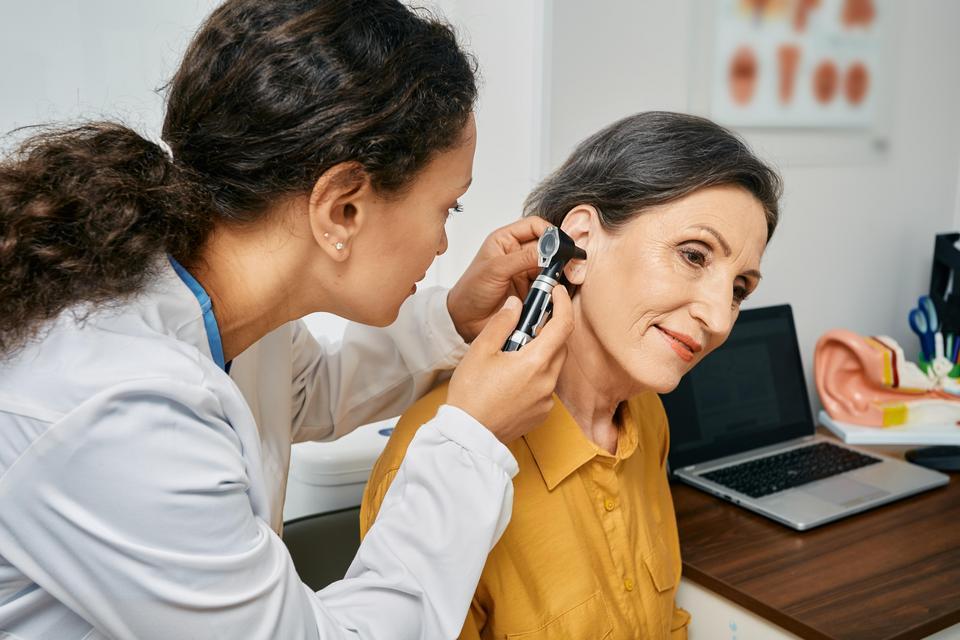Breakthroughs in cancer care occur as a result of research studies called clinical trials, which have the potential to improve healthcare for generations of patients by identifying new clinical treatments for cancer. Current standard treatments for cancer are available because they were thoroughly tested in clinical trials and found to be effective and safe. Altru Cancer Center offers patients a variety of clinical trial opportunities and participation options.
Since 1977, Altru Cancer Center has partnered with Mayo Clinic Cancer Center in Rochester, Minnesota, and the National Cancer Institute to offer leading clinical trial research in our community through a research group called the Alliance for Clinical Trials in Oncology.
Membership in this group provides our patients with access to emerging cancer treatment options and:
- Allows our patients to participate in research programs at our facilities
- Gives our physicians access to the latest information regarding advances in cancer treatment
- Means seeking the best cancer treatment doesn’t have to include relocating
What is a Clinical Trial?
Clinical trials are research studies that test new ways to diagnose, treat or prevent disease or manage side effects of existing treatments.
Clinical trials test new treatments, diagnostic approaches or prevention strategies in people, a key differentiator from preclinical studies, such as cell studies or animal studies, that take place in a laboratory. Preclinical studies precede clinical trials and offer evidence that a treatment or technique is likely to be safe and effective in people. The role of a clinical trial is to confirm that with further investigation.
Participation in a clinical trial is completely voluntary. Clinical trials also take place in phases:
- Phase I trials establish a treatment’s safety.
- Phase II trials determine effectiveness.
- Phase III trials study whether the experimental treatment works better than the standard treatment.
What are the Goals of Clinical Trials?
- Determine whether a new treatment works better than the best treatment currently available or whether a new treatment works as well as the standard therapy but with fewer side effects
- Determine whether a new treatment is safe for patients
Successful clinical trials may lead the U.S. Food and Drug Administration to approve a new treatment for use.
How Can Participating in a Clinical Trial Help Me?
By taking part in a clinical trial, you may:
- Gain access to emerging treatments that would not be available to you otherwise
- Improve your quality of life
- Contribute to researchers’ understanding of cancer and, potentially, help future patients with cancer
What Clinical Trials are Available at Altru?
A variety of clinical trial opportunities and participation options are available through Altru Cancer Center and the Alliance for Clinical Trials in Oncology. Studies conducted at Altru include treatments to improve usual care (standard of care), prevention, quality of life and supportive care. We also participate in screening studies and laboratory research.
The purpose of a clinical trial is to conduct research, so the studies follow strict scientific standards. These standards and requirements protect patients and help produce reliable study results.
What Should I Ask My Provider About Clinical Trials?
- What clinical trial opportunities and participation options are available to me?
- What are my treatment options, including the treatment I would receive in a clinical trial, and how do they compare with one another?
- What is the goal of the clinical trial and how long will it last?
- Why might the new treatment in question be superior to the standard treatment?
- What will the clinical trial entail?
- Who will be my point of contact during the clinical trial?
- What are the potential risks and benefits of the new treatment compared with the standard treatment?
- What, if any, costs will I be responsible for by participating in clinical research for cancer?
Please ask your oncology provider or nurse if you want more information about clinical trials.






